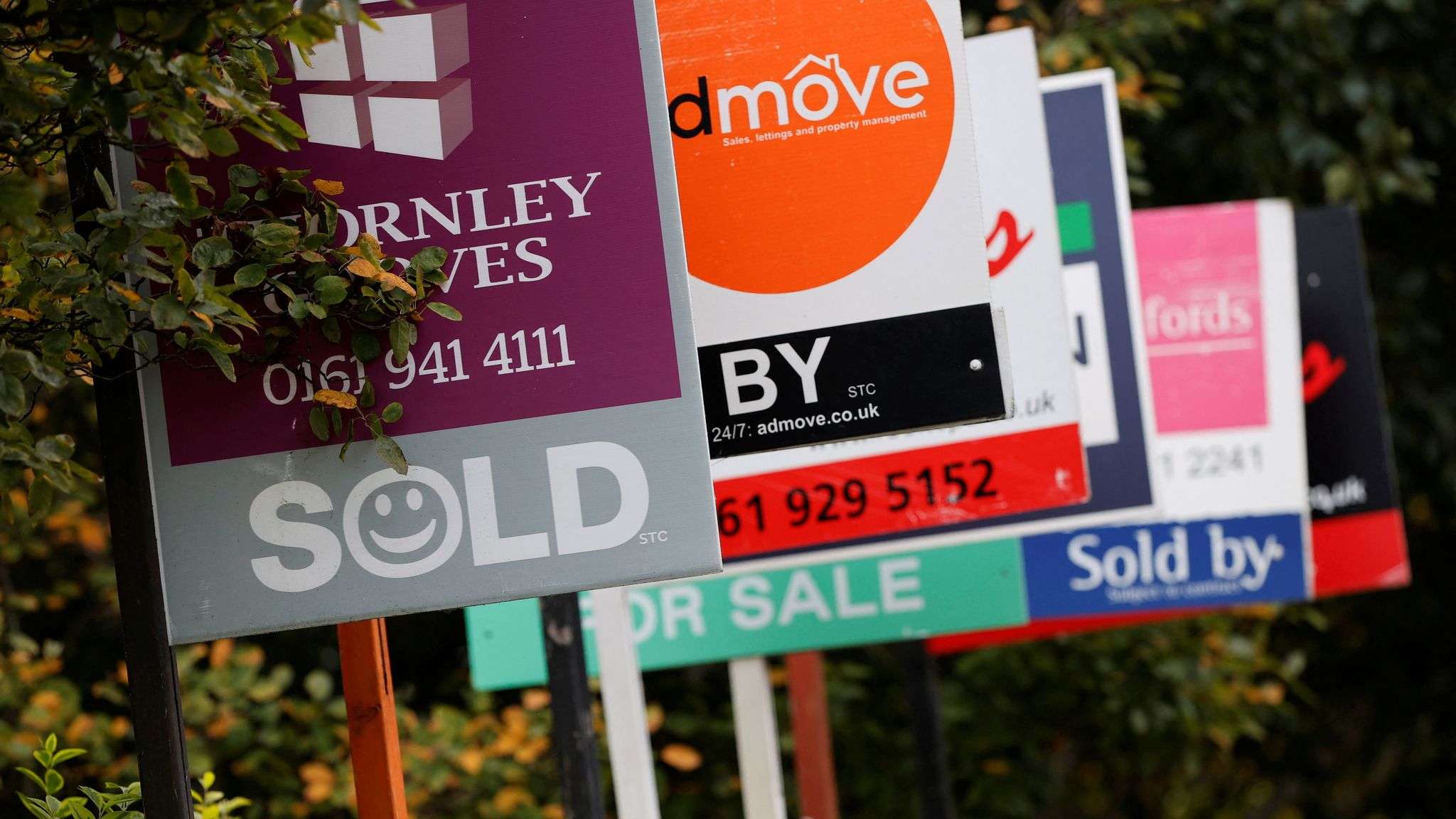The UK housing market has experienced a surge in demand following the recent interest rate cut by the Bank of England. Rightmove, the country’s leading property portal, has reported a significant uptick in buyer activity, describing it as a “welcome late summer boost” that has revitalized a market that had shown signs of slowing earlier in the year.
The Bank of England’s decision to lower interest rates earlier this month was a response to broader economic concerns, aiming to stimulate economic growth and counteract potential downturns. This move has had an immediate and pronounced effect on the housing market. Lower interest rates generally reduce the cost of borrowing, making mortgages more affordable for buyers. This has led to a wave of renewed interest in property purchases, as prospective homeowners and investors alike look to take advantage of the more favorable lending conditions.
According to Rightmove, the reduction in interest rates has had a dual impact. Firstly, it has encouraged more buyers to enter the market, particularly those who may have been on the fence or previously priced out by higher borrowing costs. Secondly, it has provided a psychological boost, fostering greater confidence in the market’s stability and future growth potential. The combination of these factors has led to a noticeable increase in property searches, inquiries, and offers being made.
The timing of this interest rate cut has also played a crucial role in its impact. Typically, the housing market experiences a seasonal slowdown during the late summer months, as potential buyers and sellers alike focus on holidays and the upcoming school year. However, this year, the market has bucked that trend, with the interest rate cut injecting new life into what would traditionally be a quieter period. Rightmove’s data indicates that buyer activity has not only increased but has also shifted in nature, with more serious buyers now entering the fray, eager to lock in favorable mortgage rates before any potential future changes.
While the interest rate cut has undoubtedly spurred demand, it is also important to consider the broader context of the UK housing market. Supply remains constrained in many areas, particularly in major cities and desirable rural locations. This imbalance between supply and demand is likely to continue putting upward pressure on prices, despite the increased buyer activity. However, for sellers, the current environment presents a golden opportunity to attract competitive offers, potentially achieving quicker sales at or above asking prices.
The renewed vigor in the housing market is also a positive indicator for the wider economy. A robust housing market typically supports consumer spending, as homeowners feel more confident in their financial stability and are more likely to invest in home improvements, furnishings, and related services. Additionally, increased property transactions generate significant revenue for the government through stamp duty and other related taxes, providing a much-needed boost to public finances.
However, it is worth noting that while the interest rate cut has had an immediate positive impact on the housing market, it is not without its risks. Prolonged periods of low interest rates can lead to overheating in the housing market, with prices rising to unsustainable levels. There is also the potential for future interest rate hikes, which could dampen demand and lead to increased financial strain on those who have recently purchased property with high levels of debt.
In conclusion, the Bank of England’s recent interest rate cut has sparked a significant surge in housing market demand, as buyers seize the opportunity to secure more affordable mortgages. Rightmove’s data reflects this newfound optimism, with a notable increase in buyer activity providing a late summer boost to the market. However, while the short-term effects are overwhelmingly positive, careful monitoring will be necessary to ensure that the market remains stable and sustainable in the long term.



















































